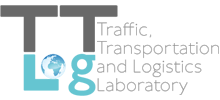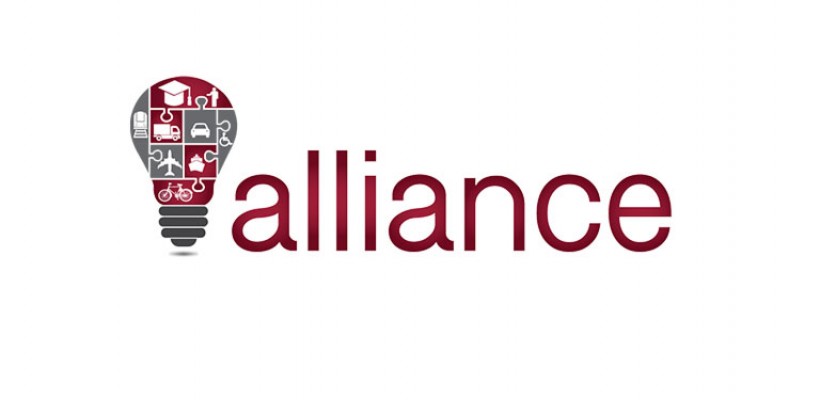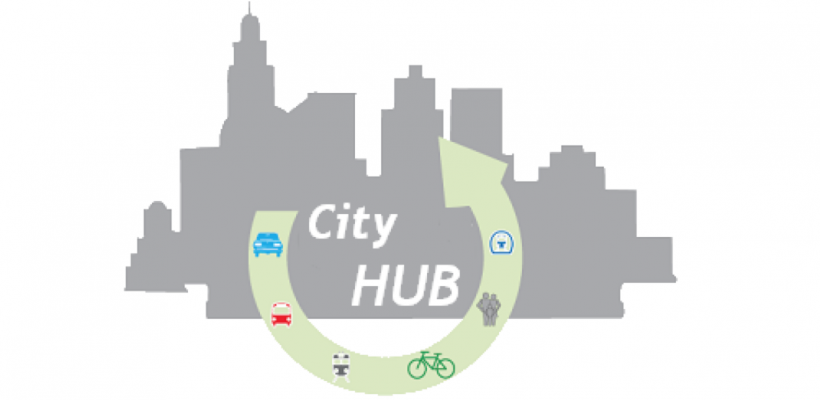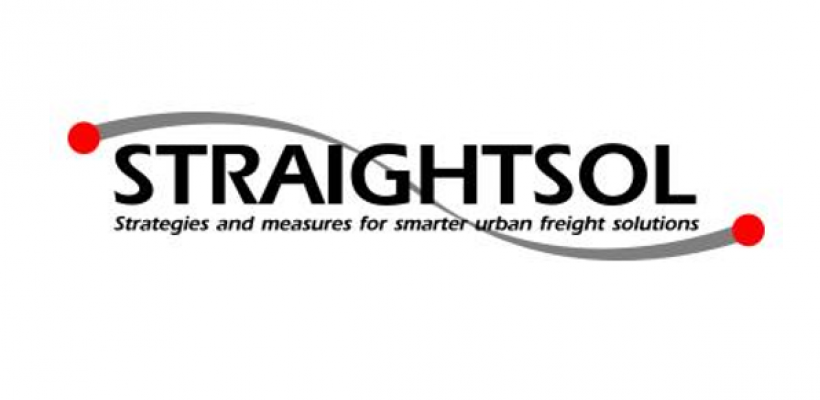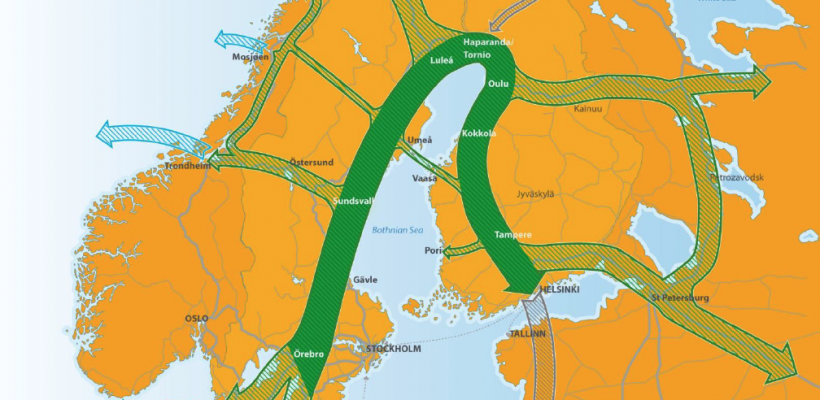ALLIANCE
| Funded by: | European Union’s Horizon 2020 research and innovation programme under grant agreement No 692426 |
| Duration: | 36 months (1/1/2016-31/12/2018) |
| Project’s Budget: | 996.306,25 € |
| Project website: | http://alliance-project.eu |
The scope of the project is the enabling of stimulating and strengthening the scientific and technological capacity of Latvia and the raising of the profile of the research staff and their institution, by providing knowledge in the field of smart interconnecting sustainable transport networks. This knowledge transfer will build the grounds for a common understanding of the main components affecting sustainable intermodality and support the selection and management of the most optimal and applicable solutions for transport interchanges. It will also facilitate stakeholder collaboration and the development of strong linkage among education, research and industry.
ALLIANCE aims at developing advanced research and higher education institution in the field of transport in Latvia by linking the Transport and Telecommunication Institute (TTI) with two internationally recognized research entities – University of Thessaly (UTH) and Fraunhofer Institute for Factory Operation and Automation (IFF). Close collaboration of TTI with UTH and IFF will help to achieve the goals through the following activities:
- Organization of young researchers’ seminars.
- Organization of workshops.
- Organization of summer schools for trainers and young researchers.
- Development of educational programme for graduate and post-graduate students.
- Development of training programme for trainers and practitioners.
- Provision of grants for participation as authors in peer reviewed conferences.
- Facilitation of Short-Term Staff Exchanges (STSEs) with the aim of international collaboration, mainly publications.
- Establishment of a guidance strategy for preparing scientific publications.
- Creation of an educational forum as on-line tool for distance learning and knowledge sharing.
The overall methodology is built around the analysis of the needs of Latvia and the surrounding region of the Baltic sea (Lithuania, Estonia, Poland) on knowledge gain about intermodal transportation terminals and the development of the tools to attain this knowledge, providing at the same time excellence and innovation capability. The analysis to be conducted during the first stages of the project, steps on the overarching relations among policy makers (e.g. government, city authorities), industry (e.g. transport operators, service providers) and education/research. Structured around three main pillars, organizational/governance, operational/services and service quality/customer satisfaction, ALLIANCE will deliver a coherent educational/training program addressed to enhancing the knowledge of current and future researchers and professionals offering their services in Latvia and the wider region.
For more information visit the project website: http://alliance-project.eu/
